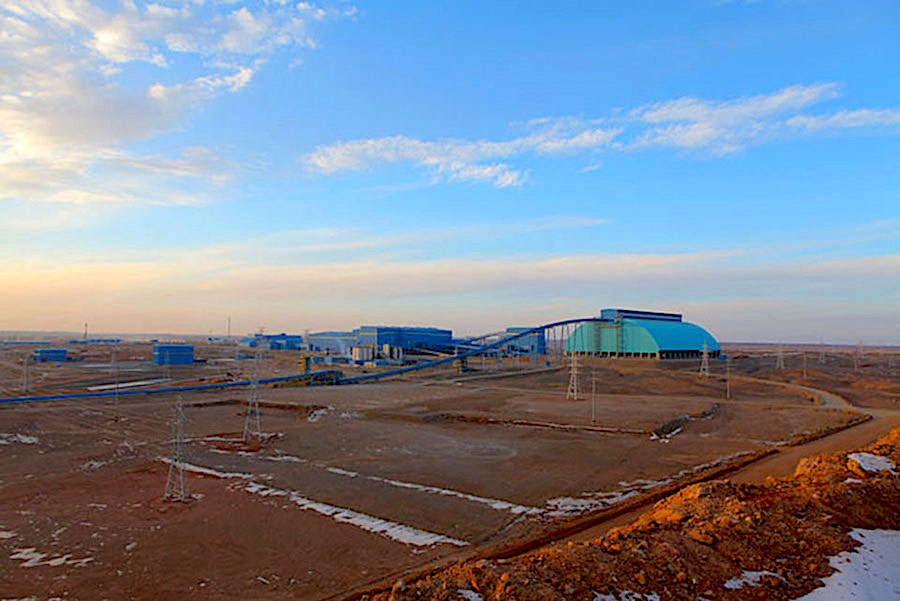
Rio Tinto (ASX, LON: RIO) agreed earlier this month to take over Turquoise Hill after sweetening an initial offer by around 20% to “a best and final” $3.3 billion.
Pentwater, which joined minority shareholder SailingStone Capital Partners in publicly opposing Rio Tinto’s offer as too low, restated its discontent.
“The proposed price implies an equity value of C$8.65 billion, which is a fraction of the free cash flow that Pentwater expects Turquoise Hill to generate over the next decade,” it said in the statement.
Pentwater noted it expects Turquoise Hill to generate over C$10.5 billion of free cash flow through 2030 assuming a $3.50 per pound copper price and almost C$14.2 billion of free cash flow assuming copper prices of $4 per pound.
It also said it was weighing options to thwart the deal, including but not limited to the possible exercise of dissent rights or other legal action.
Rio’s offer requires two thirds of shareholders, including Rio Tinto’s, to vote in favour. More than 50% of minority shareholders must approve it.
The final bid represents a 67% premium from Turquoise Hill’s closing price of C$25.68 a share on March 11, the trading day prior to the initial proposal.
Third largest copper-gold mine
Pentwater has said the proposed premium is unacceptable for a mine that it expects to be “the third largest copper and gold mine in the world with a mine life in excess of 90 years.”
Some analysts believe that Rio Tinto will need to increase its offer to win over some minority shareholders and so hold a direct majority stake in the massive Oyu Tolgoi copper-gold mine in Mongolia.
The global miner, which has mined copper from Oyu Tolgoi’s open pit for a decade, will have the task of finishing building the underground section of the mine.
Once completed, it will lift production from 125,000–150,000 tonnes in 2019 to 560,000 tonnes per year at peak output, which is now expected by 2025 at the earliest.
This would make it the biggest new copper mine to come on stream in several years.




